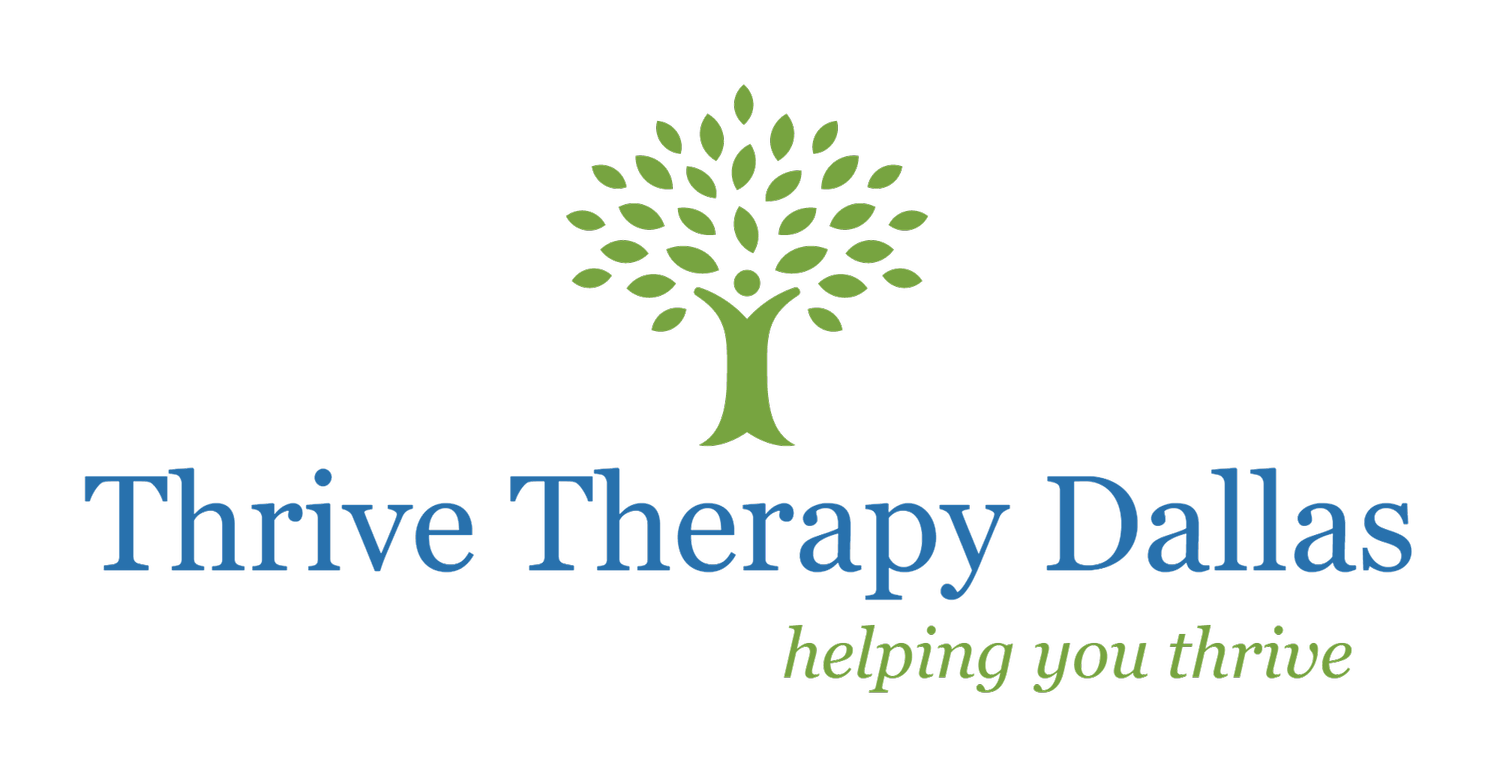Ketamine-Assisted Psychotherapy—What It Is and How It Works for Anxiety and Depression
In recent years, there has been growing interest in ketamine-assisted psychotherapy (KAP) as a treatment for anxiety and depression. While ketamine has long been used as an anesthetic, its use in mental health treatment is relatively new and increasingly recognized for its potential to help people who struggle with these common mental health conditions. But let's discuss what exactly KAP is, and how it works to address anxiety and depression.
What Is Ketamine-Assisted Psychotherapy?
Ketamine-assisted psychotherapy combines the use of ketamine with traditional psychotherapy techniques. Ketamine, a medication that can induce dissociation and altered states of consciousness, is administered in carefully controlled doses during therapy sessions. These altered states allow the mind to temporarily “reset,” making it easier for patients to access deep-seated emotions and experiences.
In the context of therapy, ketamine is not used as a standalone treatment but rather as a tool to enhance the therapeutic process. By providing a unique mental state, ketamine allows patients to gain new perspectives on their thoughts, emotions, and behaviors. This can be especially helpful for those with anxiety and depression, as it can break through mental barriers that typically hinder progress in conventional therapy.
How Does Ketamine Work for Anxiety and Depression?
Ketamine works differently from traditional antidepressants. Instead of focusing solely on serotonin and norepinephrine, like many other medications, ketamine primarily affects the glutamate system in the brain.
Glutamate is the most common neurotransmitter in the brain, and it plays an important role in mood regulation and neural plasticity (the brain’s ability to adapt and change). By enhancing the brain’s glutamate activity, ketamine helps “reboot” brain circuits that are involved in negative thought patterns and emotional regulation, offering relief from anxiety and depression.
For individuals struggling with depression and anxiety, ketamine may provide a break from the constant cycle of negative thinking. It can allow patients to gain new insights into their emotional struggles and create an opportunity for deep healing in a therapeutic setting. In some cases, people report feeling more present and able to engage in therapy without the heavy burden of overwhelming emotions clouding their judgment.
What to Expect During a KAP Session
The process begins with an initial consultation where a mental health professional will evaluate the patient's condition and discuss their goals for therapy. Once it is determined that ketamine-assisted psychotherapy is appropriate, the patient will undergo ketamine administration under the supervision of a trained clinician. The medication is typically delivered through an intravenous (IV) drip, nasal spray, or sublingual lozenge.
Once the ketamine takes effect, the patient will engage in psychotherapy. The therapy may involve guided conversations, reflective exercises, or exploration of personal trauma and emotional blockages. The altered state induced by ketamine helps the patient access difficult memories or experiences in a way that may not be possible during traditional talk therapy. After the session, patients often report feeling more emotionally “light” and open to making changes in their lives.
Is Ketamine-Assisted Psychotherapy Right for You?
Ketamine-assisted psychotherapy is not for everyone. It is typically considered for individuals who have not responded to traditional treatments for anxiety or depression, such as medication or talk therapy. Those who are interested in exploring this treatment option should consult with a trained mental health professional who specializes in ketamine therapy to determine whether it is a suitable choice for their specific needs.
Take the Next Step
If you or someone you know is struggling with anxiety or depression and traditional treatments have not been effective, ketamine-assisted psychotherapy may offer a new avenue for healing and growth. Speak with a mental health provider to learn more about how this innovative treatment could benefit you. Are you curious about how ketamine-assisted psychotherapy might help with your anxiety or depression? Schedule a consultation today to explore whether this treatment could support your mental health journey!

